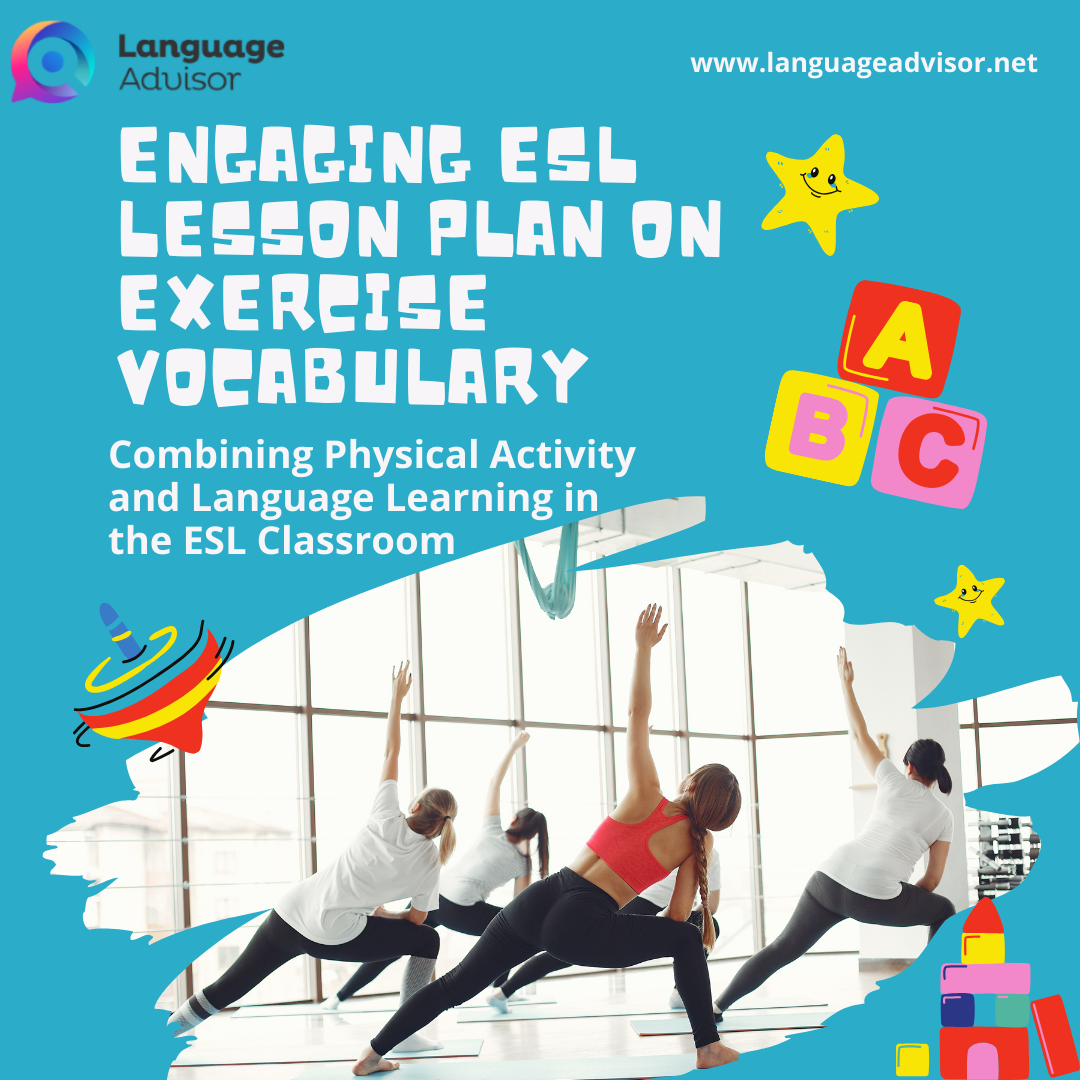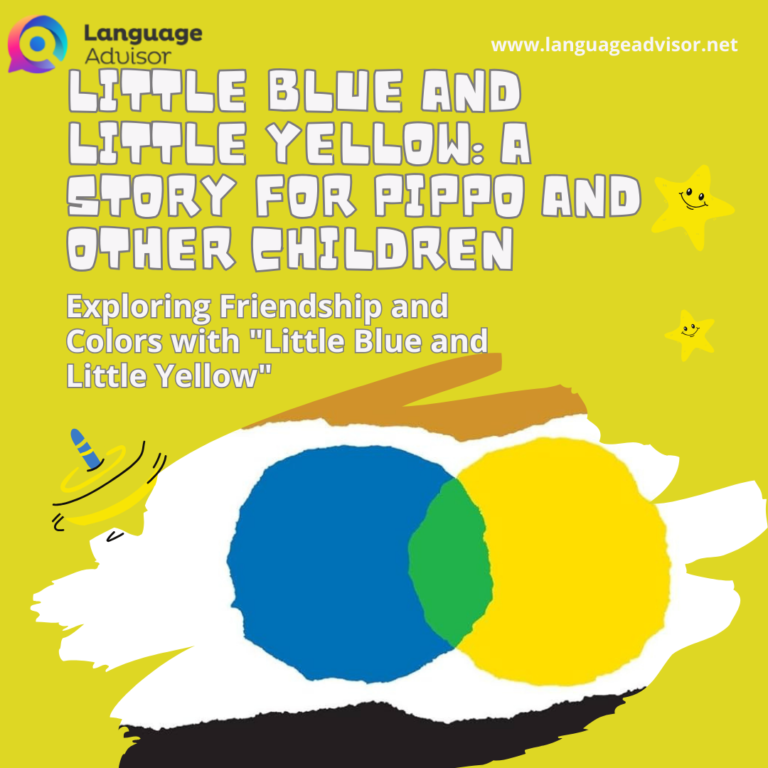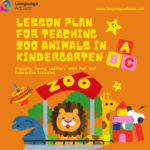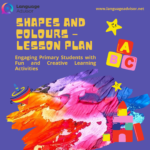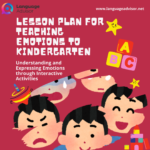Engaging ESL Lesson Plan on Exercise Vocabulary. Combining Physical Activity and Language Learning in the ESL Classroom
Engaging ESL Lesson Plan on Exercise Vocabulary

Engaging ESL Lesson Plan on Exercise Vocabulary
Warmer: Team Exercise Challenge
Start by introducing the new vocabulary words related to exercise. Split the class into two teams and select a member from each team to come to the front. Call out an exercise, and the team members must complete ten repetitions of the exercise. The first team member to complete ten correct repetitions wins a point for their team.
Presentation
Introduce and explain the following exercise vocabulary words:
- Press up
- Star jump
- Squat
- Sit up
- Lunge
- Plank
- High knees
- Upper body
- Lower body
- Heart rate
- Muscles
Practice Pronunciation
Have students practice the pronunciation of each word. Write the words in their books in both English and your students’ native language to ensure comprehension.
Practice Sentences
Create sentences to help students understand the use of each exercise:
- Press ups are good for a strong upper body, but your arms may get tired.
- Star jumps raise the heart rate.
- Squats make your leg muscles stronger.
- If you do a lot of sit ups, you will get a six-pack.
- Lunges make your legs ache but your muscles strong.
- A plank uses your whole body.
- Exercise is good for your body and your brain.
Production: Matching Exercise
Match the exercise to the body part it works:
- Press up = Arms
- Star jump = Body
- Squat = Legs and bum
- Sit up = Stomach
- Lunge = Legs
- Plank = Body
- High knees = Legs
Engaging ESL Lesson Plan on Exercise Vocabulary Discussion Questions
Have students answer the following questions to promote conversation:
- How often do you exercise?
- What is your favorite sport?
- Where do you exercise?
- When do you exercise?
- Who do you exercise with?
- Do you like exercise? Why?
Cooler: Plank Challenge
End the lesson with a fun and engaging activity. One person from each team must do a plank at the same time. The team member who holds the plank the longest wins a point for their team.
Engaging ESL Lesson Plan on Exercise Vocabulary – Conclusion
This lesson plan combines physical activity with language learning, making it both educational and engaging for students. By integrating exercises and vocabulary, students can better understand and retain the words while also getting a chance to move and interact with their peers.
This holistic approach not only enhances their language skills but also promotes a healthy lifestyle.

Also check out these lesson plans


